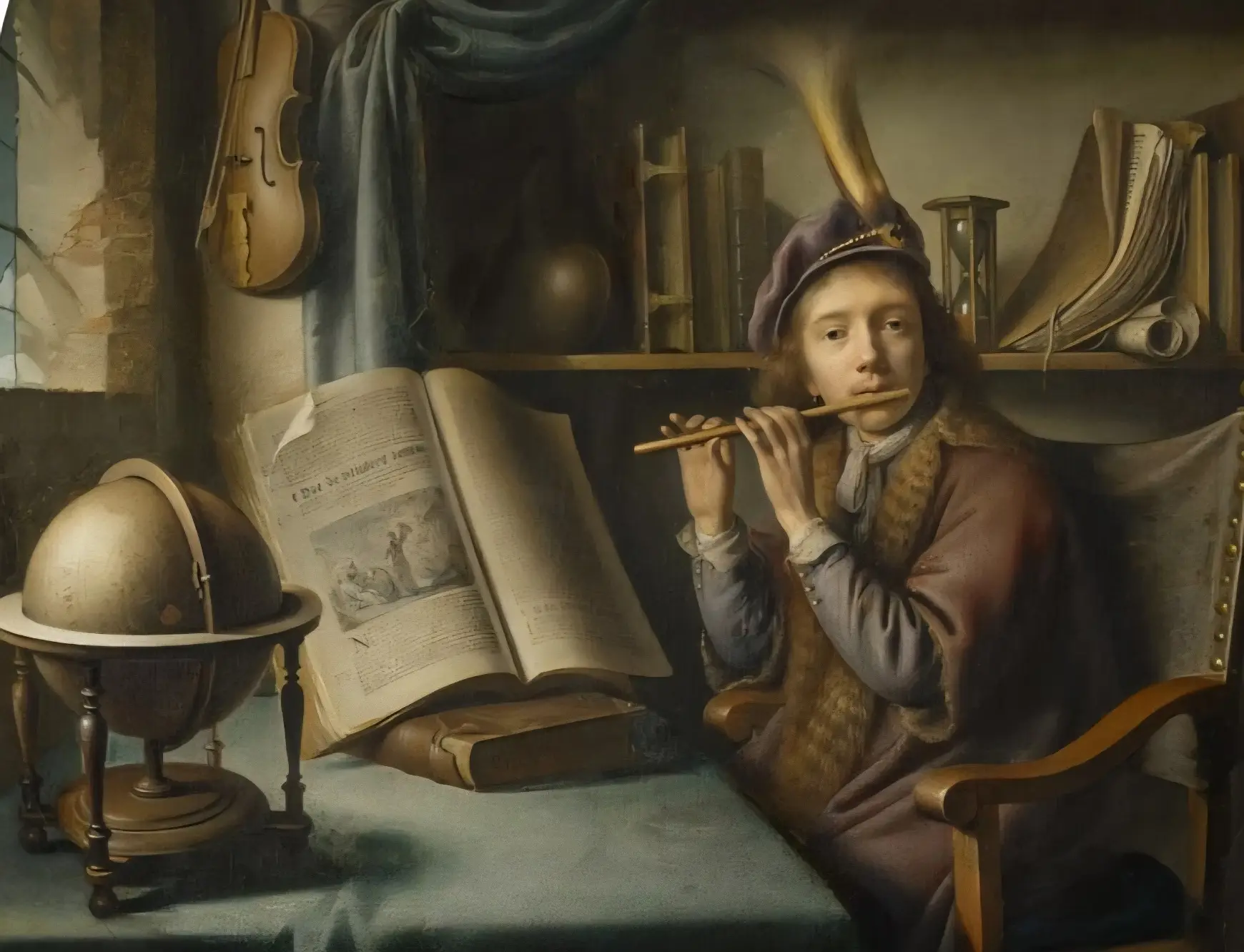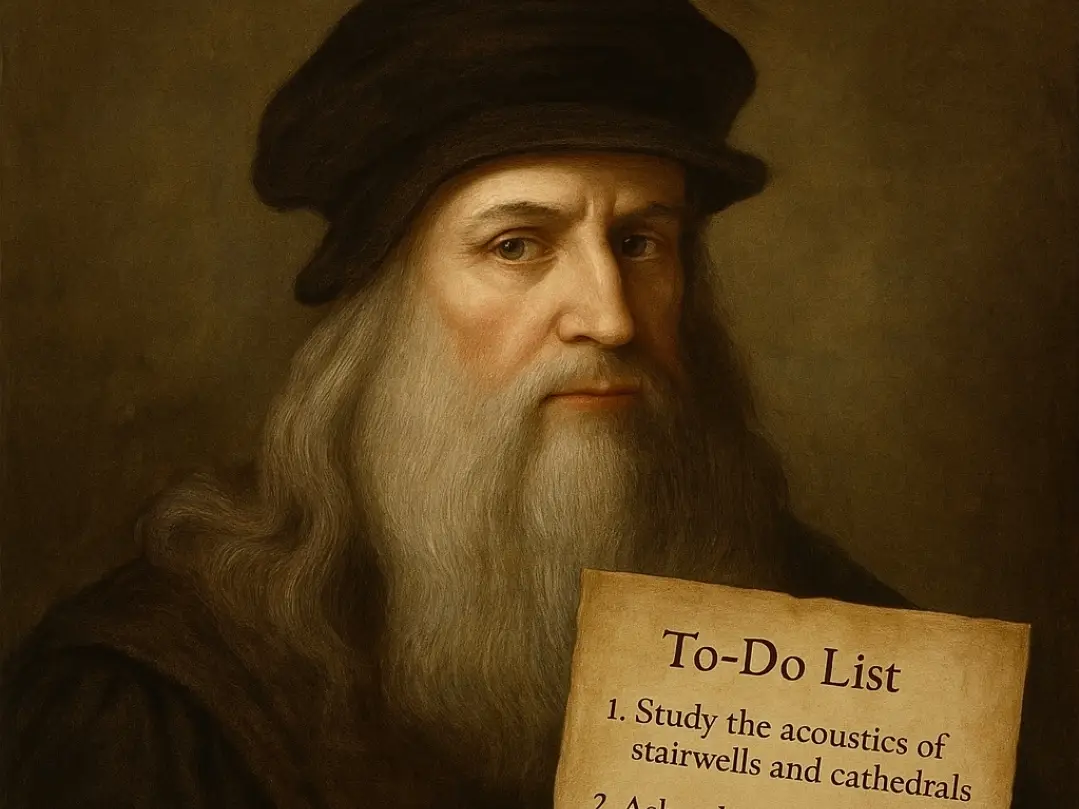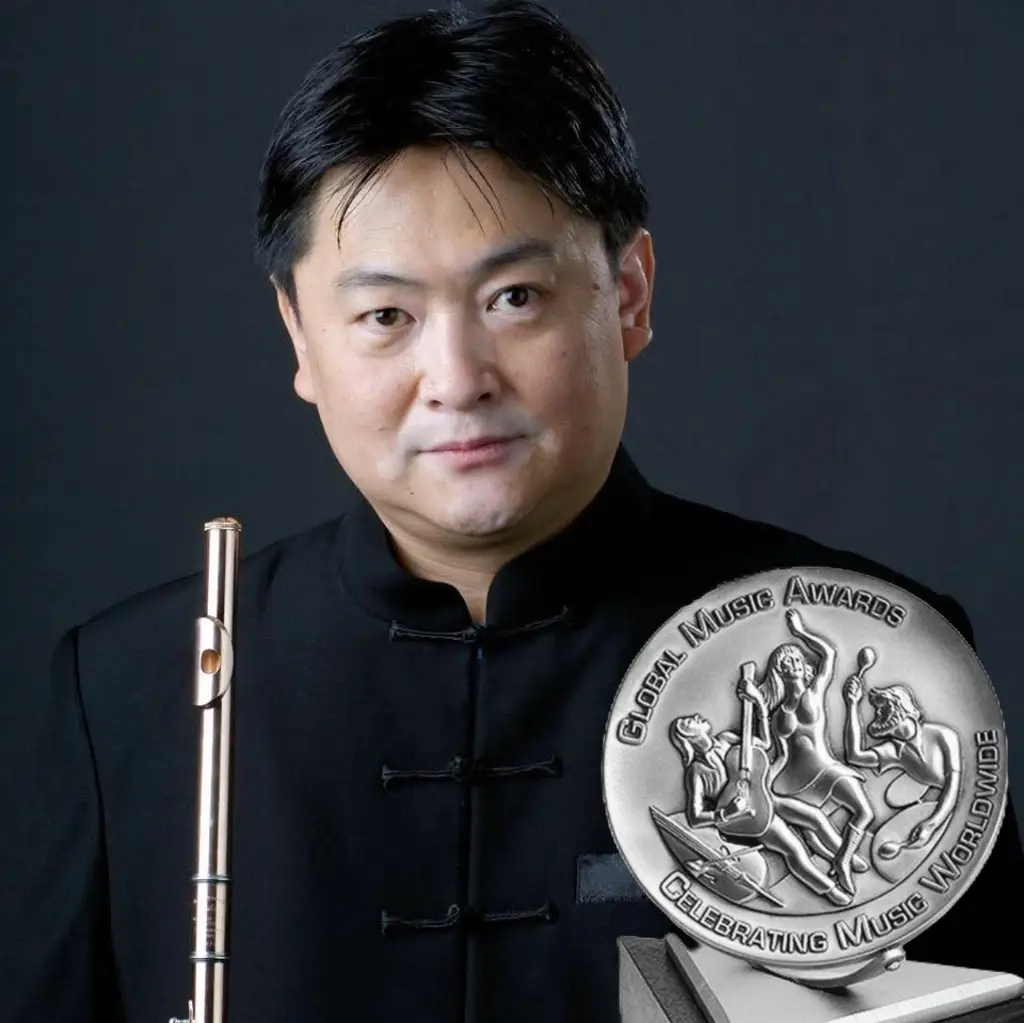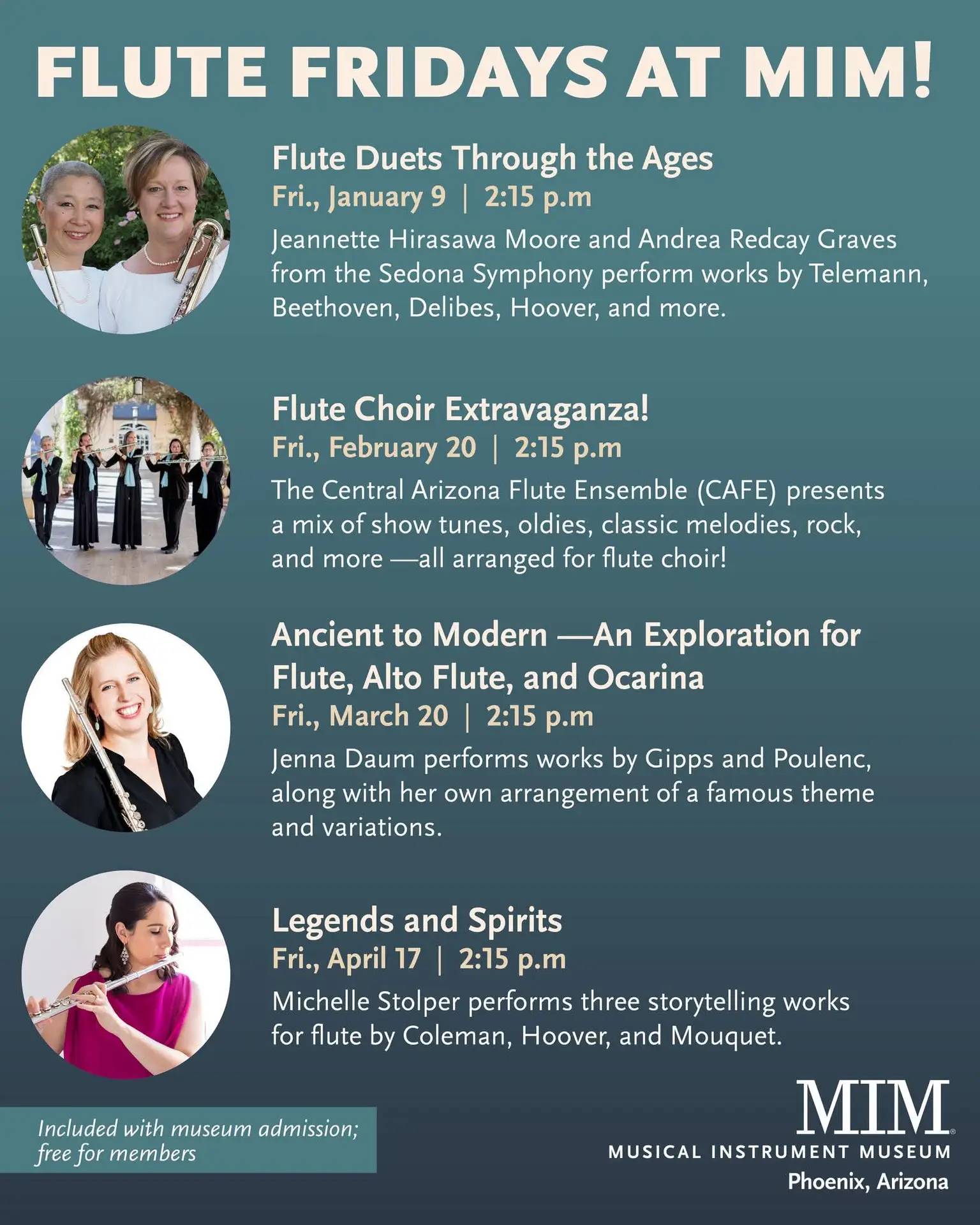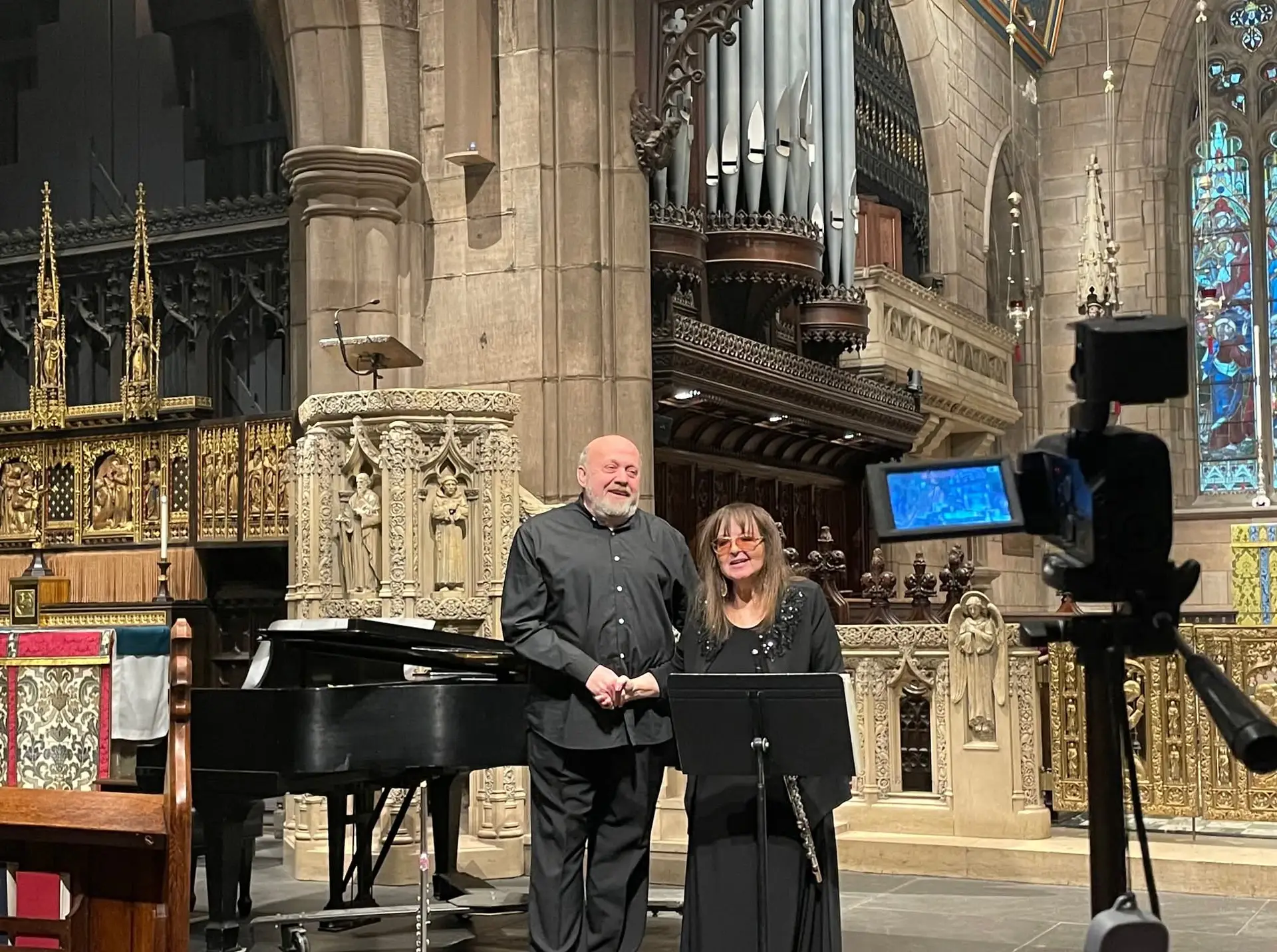In the realm of Greek mythology, the figure of Orpheus stands as a symbol of music’s transformative power. His story weaves together love, loss, and the enchanting melodies of the lyre. As we explore this melodic journey, we’ll discover how Orpheus’s musical prowess transcended earthly boundaries and touched the very heart of the divine.
Ovid begins Book 10 of “Metamorphoses” with the timeless tale of Orpheus and Eurydice.
Orpheus, son of Apollo and the Muse Calliope, received a lyre from his father and mastered it so skillfully that even Apollo himself was astonished. Legends say that his music enchanted all who heard it—friends, foes, and even wild beasts. Trees and rocks alike were captivated by his melodies.Orpheus fell deeply in love with Eurydice, renowned for her unparalleled beauty. They married and enjoyed many blissful years together. When Hymen, the god of marriage, blessed their union, he foresaw that their happiness was destined to be short-lived.
Shortly after Hymen’s prophecy, Eurydice was wandering in the forest with the Nymphs when Aristaeus, a shepherd, caught sight of her and was entranced by her beauty. He pursued her, making advances, but Eurydice, frightened, attempted to flee. In her flight, she was bitten by a snake and tragically succumbed to its venom.
Overwhelmed with grief, Orpheus expressed his sorrow through his lyre, moving all living beings and even inanimate objects across the world. Humans and gods alike were profoundly moved by his lamentation and mourning.
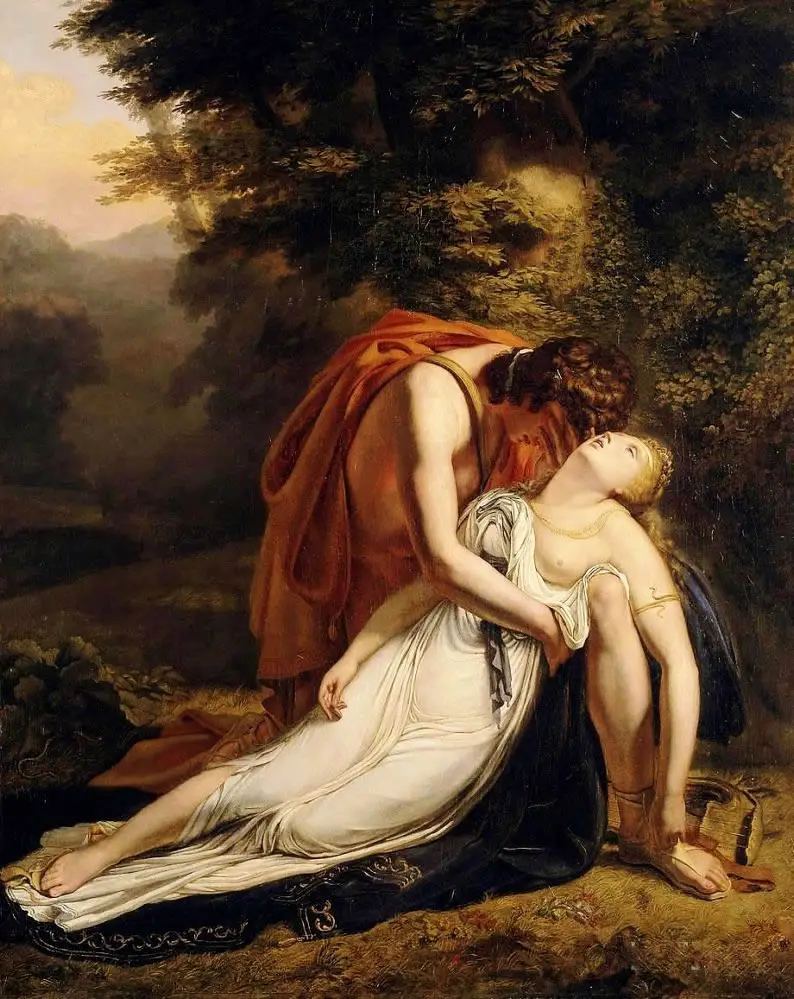
Apollo then advised his son to descend to Hades and reunite with his wife. Though any mortal would have perished in the attempt, Orpheus, protected by the gods, ventured into the infamous Stygian realm, passing ghosts and unfamiliar souls. He even managed to charm Cerberus, the fearsome three-headed guardian.
Finally, Orpheus stood before Hades, the god of the Underworld, and his queen, Persephone.Orpheus began to play his lyre, and the haunting melodies softened even the icy heart of Hades.
Moved by the music, Hades agreed that Orpheus could lead Eurydice back to the world of the living. However, there was one condition: Eurydice must follow behind him as they ascended from the dark caves of the Underworld, and Orpheus must not look back at her until they reached the light. If he could endure this test of patience, Eurydice would be restored to him as a living woman once more.
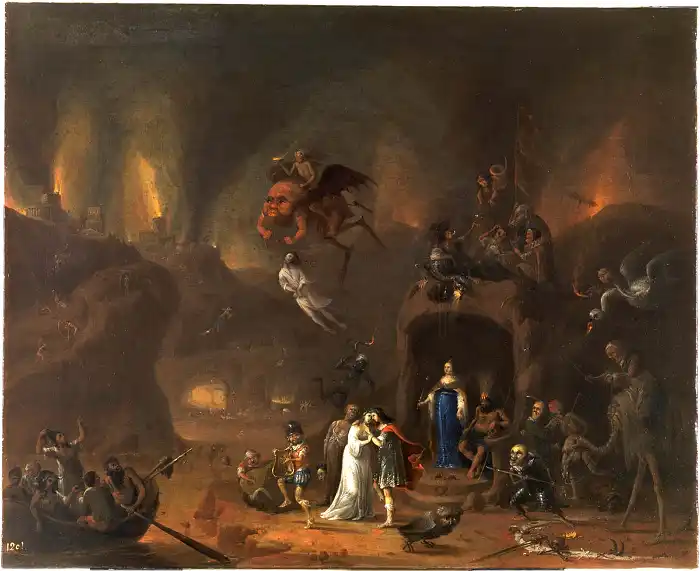
Orpheus, overjoyed, thanked the gods and began the ascent to the world above.
He strained to hear Eurydice’s footsteps behind him but heard nothing, growing fearful that the gods had deceived him. Unbeknownst to him, Eurydice followed as a shadow, awaiting the moment to emerge fully into the light as a living woman again.
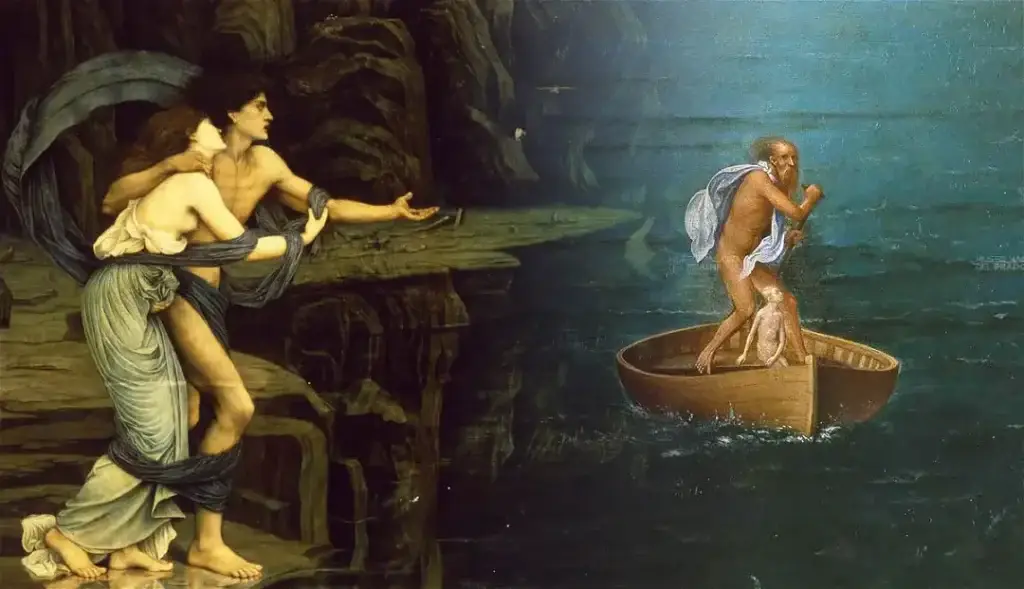
Just steps from the exit, Orpheus lost his resolve and turned to gaze upon her. In that instant, Eurydice, still a shade of the dead, was whisked back into the depths, lost to him forever.
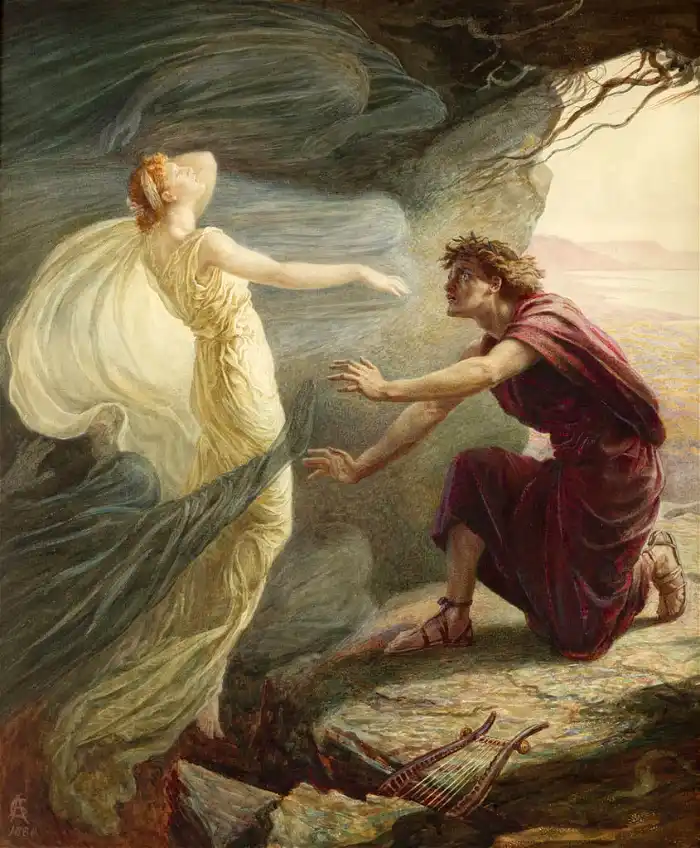
Desperate, Orpheus attempted to return to the Underworld, but mortals cannot enter Hades twice, at least not among the living.
Dance of the Blessed Spirits
In 1762, Christoph Willibald Gluck composed the opera “Orfeo ed Euridice.” This was the first of Gluck’s “reform” operas, which aimed to simplify the music and plot of traditional ‘opera seria.’ The opera premiered in honor of Emperor Franz of Austria’s birthday, leading Gluck to alter the original tragic ending.
In 1774, Gluck revised the score for a Paris Opera production, adding the ballet piece “Dance of the Blessed Spirits,” which features a renowned flute solo.
Hector Berlioz praised this piece in his “Treatise on Instrumentation” (1843):
“When listening to the D-minor melody of the pantomime in the Elysian Fields scene in Orfeo, one is immediately convinced that only a flute could play this melody appropriately… The voice starts almost inaudibly, seeming afraid to be overheard; then it sighs softly and rises to the expression of reproach, of deep pain, to the cry of a heart torn by incurable wounds; gradually it sinks into a plaint, a sigh, and the sorrowful murmur of a resigned soul. Gluck was, indeed, a great poet!”

